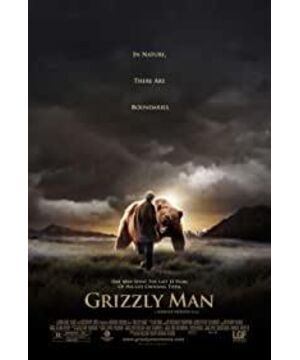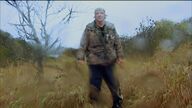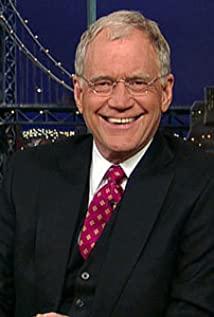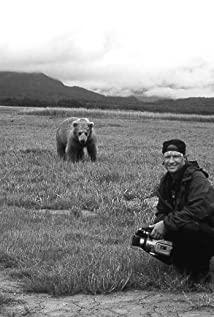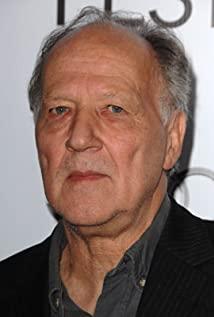I really experienced the joy of this process while watching German director Werner Herzog's documentary "Grizzly man." To be honest, there are almost all kinds of animal protection organizations all over the world, and people from these organizations can be seen on the news from time to time to take to the streets to protest. They mainly appeal to people not to abuse animals and to be kind and caring. So before watching "Grizzly man", I felt that the film was nothing more than aiming the camera at a "philanthropist" of the Animal Protection Association, and then tracking his/her "work situation" closely, and finally promoting it to the audience. Just the awareness of caring for animals.
If that's all, it would be an ordinary "propaganda" film at most; but Werner Herzog is not a "mortal man" after all. Since the beginning of the filming, the "gossip" about him has been in the film circle. It is prevalent in China, and most of these "rumors" are shocking secrets! So I wasn't at all surprised to discover that much of the documentary was edited from personal images of the deeply narcissistic "Grizzard." The director quite subtly combines footage of "Grizzly" over 13 years, news reports about him and clips of interviews with others to create a "primitisme".
What amazes me is that the director doesn't make any tendentious judgmental narratives about the "Grizzly Man", his way of life, and the consequences of his actions. The director who thought it was so "crazy" would definitely use this to support, and even highly praised the "Grizzly Man" who was equally self-willed and persistent and gradually only communicated with beasts. But Herzog didn't do that in this film. He objectively listed various different attitudes towards the "Grizzly Man", but he didn't say anything about the "Grizzly Man". Kind of beauty.
As a result, there is quite a wide space left in the film for the audience to judge and appreciate the way of life of the "Grizzly Man" and his various "outstanding" performances. I think this is the director's respect for the audience, he gave us the opportunity to think.
There are two scenes in the film that I find most impressive. One is when the director put on headphones and listened to the entire process of "Grizzly Man" and his girlfriend being attacked to death by a grizzly bear, and Herzog sobbed with his back to the camera. For the wider audience, the scene was disturbing. The other is a clip shot by "Grizzly Man" himself: due to insufficient rainfall, "Grizzly Man" was worried that the grizzly would die of thirst; finally he prayed for rain in the tent, and the continuous rain finally fulfilled his wish, He huddled in the tent that was about to be ripped apart by the rain, full of joy. Complicated emotions make one wonder what we are living for.
View more about Grizzly Man reviews


